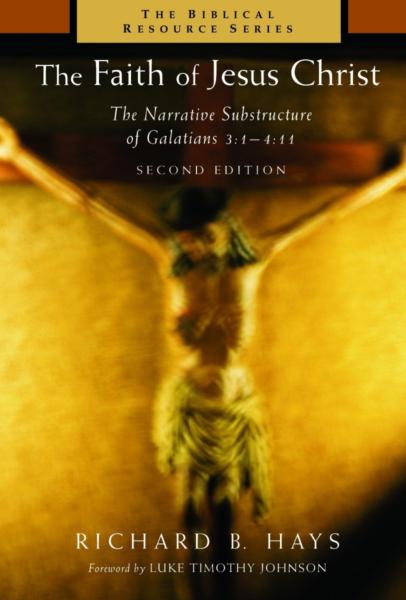

Most ebook files are in PDF format, so you can easily read them using various software such as Foxit Reader or directly on the Google Chrome browser.
Some ebook files are released by publishers in other formats such as .awz, .mobi, .epub, .fb2, etc. You may need to install specific software to read these formats on mobile/PC, such as Calibre.
Please read the tutorial at this link: https://ebookbell.com/faq
We offer FREE conversion to the popular formats you request; however, this may take some time. Therefore, right after payment, please email us, and we will try to provide the service as quickly as possible.
For some exceptional file formats or broken links (if any), please refrain from opening any disputes. Instead, email us first, and we will try to assist within a maximum of 6 hours.
EbookBell Team

0.0
0 reviewsHis effort to place his narrative analysis within the framework of
contemporary literary criticism and hermeneutics prepares for the substantial
use he makes of A. J. Greimas's actantial analysis in the heart of his study,
and indicates how Hays's dissertation was distinctive from the beginning
also in the way in which it eschews the customary historical-critical
questions. Although he recognizes the
limited value of such analysis, his own interest is less with the technique of
Paul's discourse than with the deep narrative logic out of which that
discourse emerges and of which it is a fresh expression.